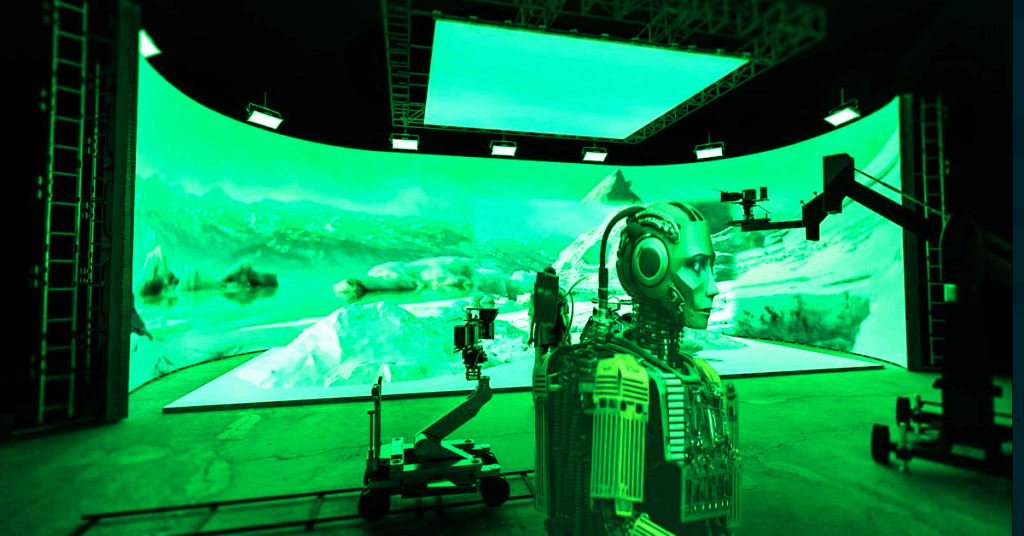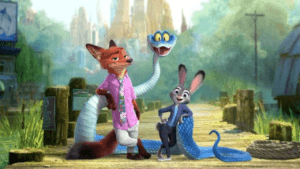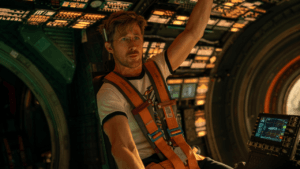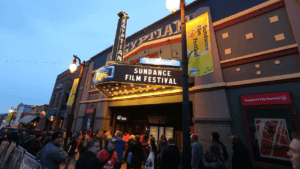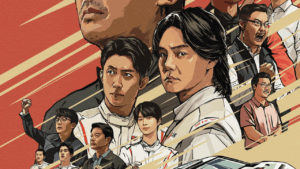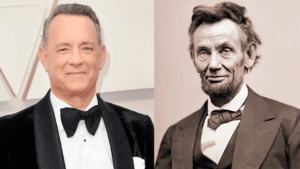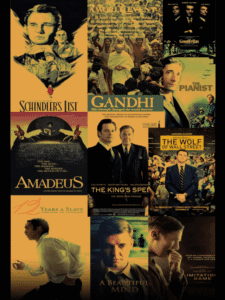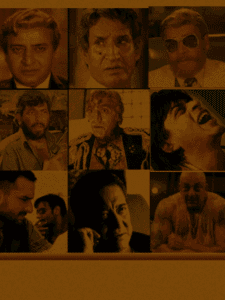The Future of Cinema: How Technology in Filmmaking Is Changing Everything
Cinema has always been an evolving art form, shaped by technological advancements. From the early days of silent films to the introduction of sound, color, and CGI, every era has witnessed breakthroughs that changed how stories are told. Today, we stand at the brink of yet another revolution, one driven by artificial intelligence (AI), virtual reality in film, augmented reality (AR), and deepfake technology. These innovations are not just changing how films are made but also redefining how audiences experience them. The question remains: Are these advancements enhancing storytelling, or are they threatening the human touch in filmmaking?
AI in Cinema: More Than Just a Tool

One of the most talked-about technologies in cinema today is artificial intelligence. AI in cinema has made its way into various aspects of filmmaking, from scriptwriting to post-production. AI-powered tools like OpenAI’s ChatGPT and Sudowrite can generate entire scripts in minutes, mimicking different writing styles. While some filmmakers see AI as a useful brainstorming tool, others worry that it could replace human creativity. Films thrive on emotional depth and personal experiences, elements that AI currently struggles to replicate. For now, AI remains a co-writer rather than a replacement, helping filmmakers generate ideas rather than replacing the human touch.
Editing is another area where AI in cinema is making a significant impact. Software like Adobe Sensei and Runway ML use AI to automate tedious editing tasks, such as color correction, background replacement, and even special effects. AI-powered de-aging technology was famously used in The Irishman to make Robert De Niro, Al Pacino, and Joe Pesci appear decades younger. While the effect was impressive, it sparked debates about whether AI-generated visuals can ever match the authenticity of practical effects and real performances.
Virtual Reality in Film and Augmented Reality (AR)
The way we consume films is also changing, thanks to VR and AR. Virtual reality in film is creating immersive cinematic experiences that blur the lines between storytelling and reality. VR allows audiences to step inside the story rather than merely watching it. Short Films like Spheres: Songs of Spacetimes and Dear Angelica have demonstrated how VR can create deeply personal, interactive narratives. Unlike traditional films, where the director controls what the audience sees, VR gives viewers the freedom to explore different perspectives within the same story. This shift challenges filmmakers to rethink how they construct narratives, making the audience an active participant rather than a passive observer.
Augmented reality, on the other hand, enhances traditional filmmaking by merging real and digital elements seamlessly. Avatar: The Way of Water took AR-driven visual effects to a whole new level, creating hyper-realistic underwater sequences that felt more immersive than ever before. AR is also being used in interactive cinema, where audiences can use their smartphones to access extended scenes, behind-the-scenes footage, or even alternate endings while watching a film.
The Future of Technology in Filmmaking
As these technologies continue to evolve, what does the future of cinema look like? Will we see AI-generated films dominating the industry? Will virtual reality in film replace traditional movie-going experiences?
Streaming platforms like Netflix and Amazon Prime already use AI-driven algorithms to recommend films based on viewing history. However, AI is now being used to analyze audience preferences and even predict which film concepts might succeed at the box office. Studios are beginning to leverage technology in filmmaking to decide which scripts to greenlight, raising concerns that data-driven decision-making could lead to formulaic films that prioritize commercial success over artistic risk-taking.
With advancements in AI and CGI, we are moving towards an era where films could be entirely generated by computers, from the script to the performances. While this may reduce production costs and streamline filmmaking, it also raises philosophical questions: Can a film without human involvement truly capture the essence of storytelling?
Despite the rise of technology, traditional filmmaking techniques remain irreplaceable. The charm of practical effects, the nuance of human performances, and the artistic vision of a director cannot be fully replicated by machines. While technology in filmmaking will continue to play a crucial role, it is unlikely to replace the human touch that makes cinema a powerful medium of expression.


